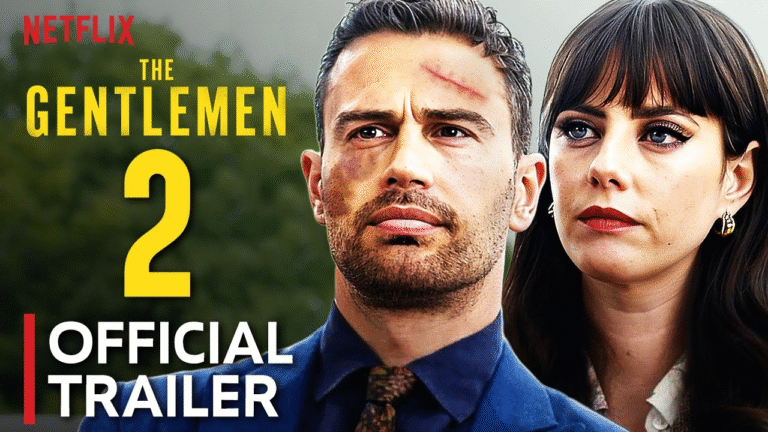Sure! Here’s a 450-word write-up specifically focused on the “300” Spartan movies — 300 (2006) and 300: Rise of an Empire (2014):
Spartan 300 Movies: A Tale of Glory, Grit, and Sacrifice
The 300 movies are epic cinematic portrayals of Spartan valor, dramatizing one of the most legendary battles in ancient history — the Battle of Thermopylae. Directed by Zack Snyder and based on Frank Miller’s graphic novel, 300 (2006) brought the fierce Spartan warriors to life in a visually stunning and emotionally powerful way.

The story follows King Leonidas, played by Gerard Butler, who leads 300 elite Spartan soldiers against the massive Persian army led by King Xerxes. Outnumbered by tens of thousands, the Spartans make a heroic stand at the narrow mountain pass of Thermopylae, using strategy, discipline, and raw courage to hold off their enemies. The film’s most iconic moment — Leonidas shouting “This is Sparta!” — became a pop culture phenomenon, symbolizing defiance and strength against overwhelming odds.
What sets 300 apart is its unique visual style. The film uses heavy CGI and a stylized color palette that makes every scene look like a living comic book panel. The slow-motion battle scenes, rippling muscles, and dramatic speeches create a heightened sense of mythology. While the movie takes creative liberties with history, it captures the essence of Spartan culture — honor, sacrifice, and unshakable loyalty to one’s homeland.
The sequel, 300: Rise of an Empire (2014), expands the story beyond Thermopylae. It focuses on Greek general Themistocles and the naval battle of Salamis, happening around the same time as Leonidas’s stand. Though Sparta doesn’t play as central a role, Queen Gorgo (played by Lena Headey), Leonidas’s widow, returns to rally the Spartans into action. The sequel carries the same visual flair and intense action, while also showing how the rest of Greece united in the face of Persian invasion.
Both films emphasize themes of heroism, freedom, and resistance against tyranny. The Spartans are portrayed not just as warriors, but as symbols of unbreakable will. Their willingness to die for their people turns their defeat into a moral victory, inspiring all of Greece to rise up.
While not strictly historically accurate, the 300 movies brought ancient history to mainstream audiences in a bold, unforgettable way. They sparked interest in Spartan training, philosophy, and the concept of dying with honor. More than just action films, they are stylized tributes to bravery, leadership, and the undying spirit of warriors who chose death over surrender.
Let me know if you want a more historical or dramatic version!



